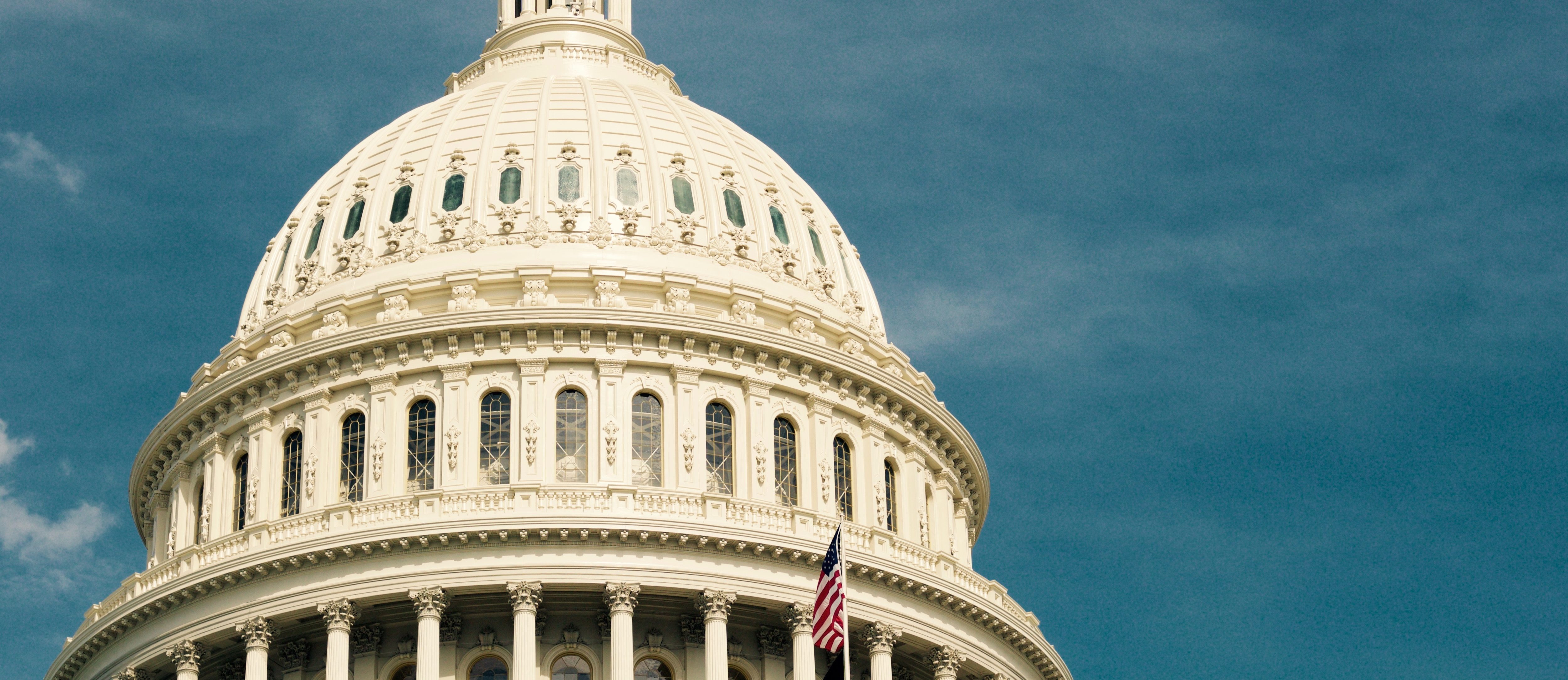Originally published in Medium
By Dave Dodson
Seems like lot of notable American CEO’s are thinking about getting into politics. I’ve been thinking a lot about why that is, and while I guess I have reasons to be biased (as a CEO who’s jumped into a U.S. Senate primary race), the trend makes me feel optimistic for the future of our country.
So just why are so many businesspeople taking this plunge? In addition to our CEO president, Mitt Romney, Howard Schultz, Michael Bloomberg, Mark Cuban, Carly Fiorina, Florida Governor Rick Scott, Arizona Governor Doug Ducey, Colorado Governor John Hickenlooper, and many other corporate titans and entrepreneurs have either entered the fray or said they’re thinking deeply about doing so.
But it’s not like it’s an easy time in American politics or public life, even as we celebrate Independence Day. We’re deeply divided on our President’s job performance , overwhelmingly dissatisfied with the performance of our Congress, and we’ve watched a shocking breakdown of civility in our public life, with progressive activists staging public confrontations of high-ranking Administration officials and elected officials actually egging them on to keep doing so.
There are five core reasons I think business people are now increasingly willing to get in the game:
1. President Trump won.
Successful CEOs usually aren’t wild-eyed visionaries. They tend to be keen observers of reality who are good at reading where events are heading, what consumers are thinking, and how to marshal resources to exploit opportunities that arise. When Donald Trump defeated Hillary Clinton, the seemingly impossible — a businessperson (albeit a national celebrity-style businessperson) with no political experience capturing the most powerful job in the world — suddenly became possible. That world-shaking change (it had obviously never happened before) started to alter the calculus of every businessperson who had ever thought they could contribute to solving the country’s problems.
2. Overwhelming government dysfunction.
It’s become a broad article of faith across the political spectrum that the only part of our government that is highly effective in delivering its intended services is the military. We’ve watched repeated failures in things like the deployment of Obamacare, the delivery of emergency natural disaster relief, the negotiation of major international treaties, and the reduction of income inequality. Our tax code, which ought to be simple and inexpensive to navigate, is instead horribly complex and distorted. In short, our government doesn’t feel like it’s working to deliver services efficiently, and in a time where digital disruption is simplifying and improving our consumer lives on so many fronts, CEOs look at the situation and want to roll up their sleeves and start fixing things.
3. Overwhelming political dysfunction — and corruption.
Many businesspeople now in our fifties and sixties grew up with a high level of patriotism and respect for our governmental institutions and our national leaders. We learned our American history and took our class trips to Washington DC and stood in awe at the Lincoln Memorial and believed down deep in our core that America was a profoundly exceptional place. And we’ve watched the country’s politics descend into a juvenile, hostile horror show of ineptitude and hypocrisy. Money seems to define elected officials’ political positions much more than principles or honor or precedent. CEO’s are used to grabbing problems — even deeply ingrained cultural problems — by the lapels and shaking things up to get them back in order. It feels like that kind of aggressive, reform-minded approach is needed more now than ever to jolt a badly broken system into proper function again.
4. Fiscal catastrophe.
CEO’s are almost always financially savvy, and anyone who looks at America’s finances through financially savvy eyes is gut-level terrified. Our national debt is growing at rates far beyond our economy’s ability to keep up with it. Social Security is headed for bankruptcy in 16 years. No self-respecting CEO sits comfortably with their company running massive losses and headed for potential collapse. And that unacceptable outcome is bringing businesspeople with a sense of duty into the firefight.
5. Duty and service to others.
Most CEO’s and successful entrepreneurs I’ve known are driven not primarily by greed, but instead by a deeply ingrained sense of hard work. They get that approval by successfully helping others — customers, shareholders, employees, and others — get what they want. It’s not that there’s no ego involved — there always is, in varying degrees — it’s that at the heart of almost every good businessperson lies a desire to reach good outcomes that will help other people and win their approval. You can call it a sense of duty, you can call it servant leadership, or you can call it, as I do, patriotism.
So again, I’m biased, but I welcome the idea that leaders from the business world want to roll up their sleeves and knock some heads together in our government. Something’s got to change, and I believe it will.
Happy birthday, America, and here’s to better times ahead.
Dave Dodson is a Wyoming-based entrepreneur and investor who’s running for the state’s U.S. Senate nomination on the Republican side.

